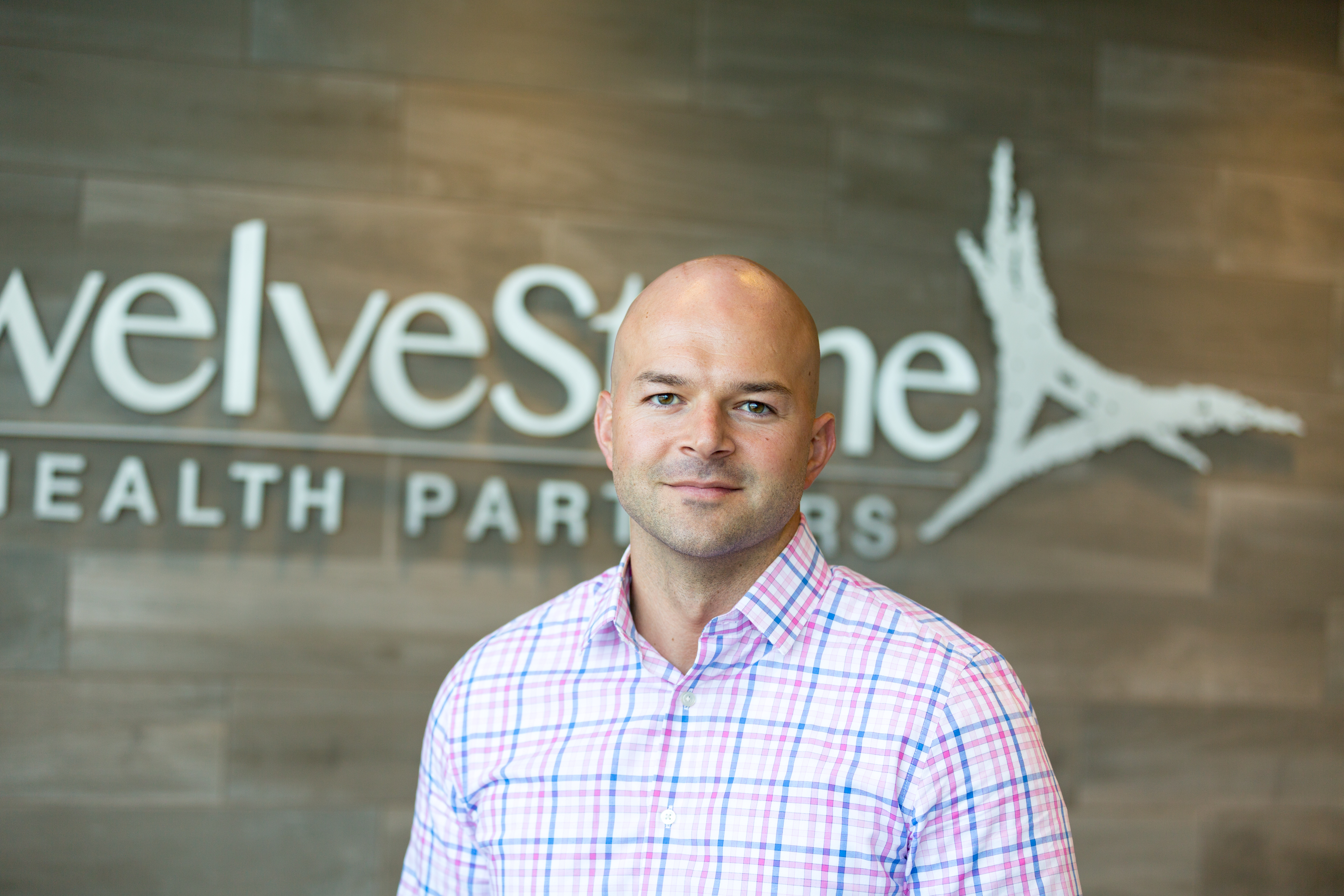
The skills you develop as a respiratory therapist working in the hospital setting aren’t just needed by hospitals and other hands-on care providers. Those skills — and the wealth of knowledge about respiratory care that come with them — are in demand on the business side of the profession as well. Nowhere is that more true than in the post-acute care setting, where more and more companies are popping up to meet the growing demand for chronic health management services.
After eight years working in the hospital, Joel Wilmoth, RRT, saw an opportunity with one of those companies and decided to take the plunge. He tells us how it has all worked out.
When and why did you decide to become a respiratory therapist and where did you get your RT degree?
Shortly after graduating high school, I began working toward a nursing degree because I knew that I wanted to go into health care. On an opportunity that I had to job shadow an ICU RN, I witnessed an RT intubating a patient and placing them on a ventilator. When I saw this, I realized that that’s what I wanted to do. Soon after, I enrolled at Volunteer State Community College in Gallatin, TN.
How long did you work as a traditional RT and what did you most like about that role?
I worked in the hospital in some capacity for eight years. I really enjoyed working in the ICU with high acuity ventilator patients. As a therapist, I felt like the knowledge and skills that I had obtained were best used in that area.
When and why did you decide to leave bedside care, first for the job at Alana Healthcare and now for the one at TwelveStone Health Partners?
I wanted to try something new. With health care changing so rapidly, many opportunities have presented themselves in the post-acute setting. I wanted to try to put myself in an area that allowed me to be part of some of those changes. It was also a good career move. In the post-acute setting, you are able to meet and establish relationships with lots of influential people.
Today you are a business development specialist at TwelveStone. What does that job entail?
I am involved in the marketing side of things, primarily. I am tasked with establishing and maintaining new relationships with various potential health care partners in lots of different settings. I also take part in education via presentations in these settings. This is nice because it allows me to rub shoulders with those that are still in bedside care.
What are the biggest challenges and the biggest rewards of working on the business development side of post-acute care and why?
One of the biggest challenges is keeping up with all of the changes in post-acute care. There is also a lot of competition in this market as well, so being able to have an edge that sets yourself apart is key.
I would say that the biggest reward is being able to have all of the relationships with so many people that you end up having as a result of being in the post-acute setting. It creates a huge avenue of resources for you, and it is something that can help with advancing your career.
What advice do you have for other RTs who might see themselves working at a company in the post-acute care setting? What do they need to do to prepare for such a role, and what types of things should they consider before seeking one out?
The biggest piece of advice that I can give is to get involved and stay involved with your AARC state society. The therapists that serve on your board can be a huge resource. Volunteer for a role in your local chapter. Get involved with your state and national conferences. When at conferences, speak with all of your vendors. They can be extremely helpful as well, because they know a lot of people. I am convinced that these things are key in succeeding in the post-acute world.
Things to consider: How outgoing are you? How are you with time management? How well do you tolerate change? These things are a must.





